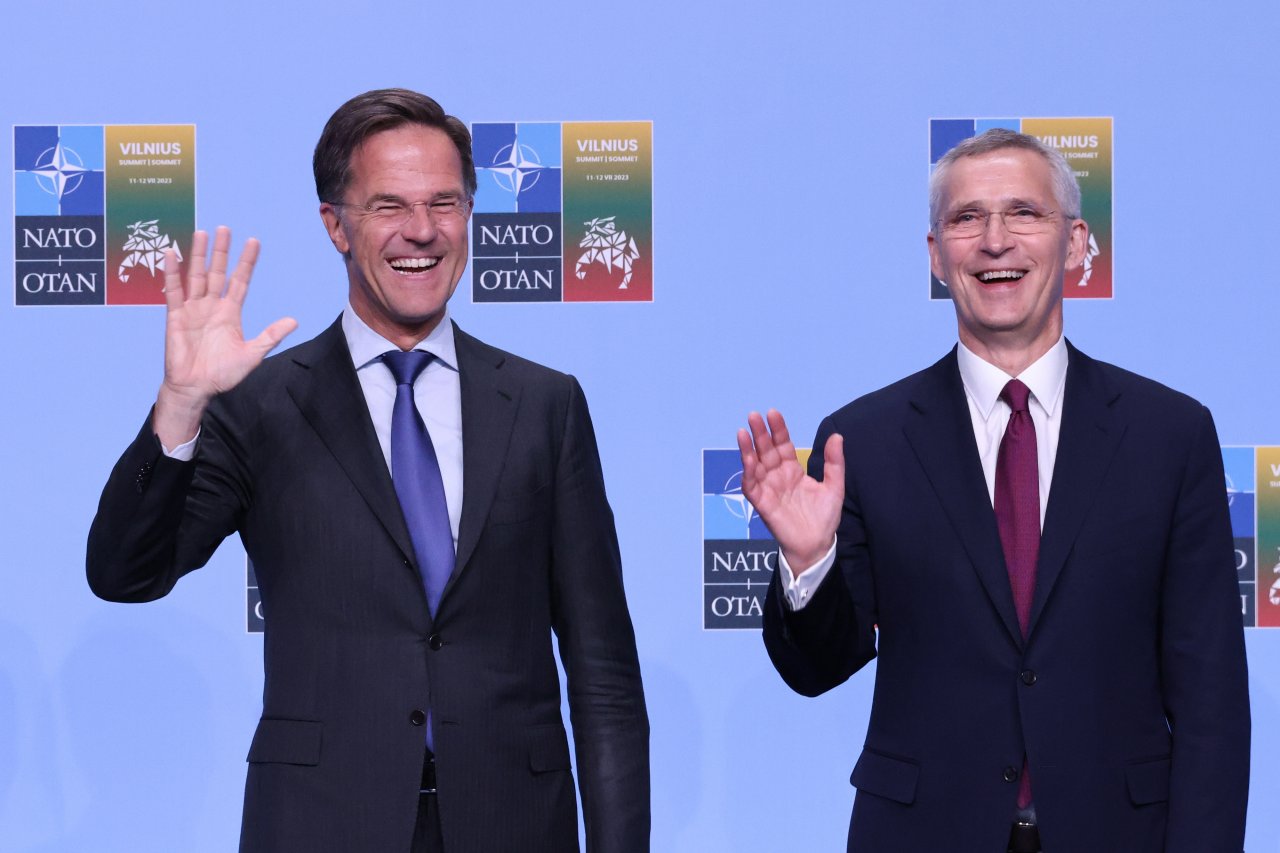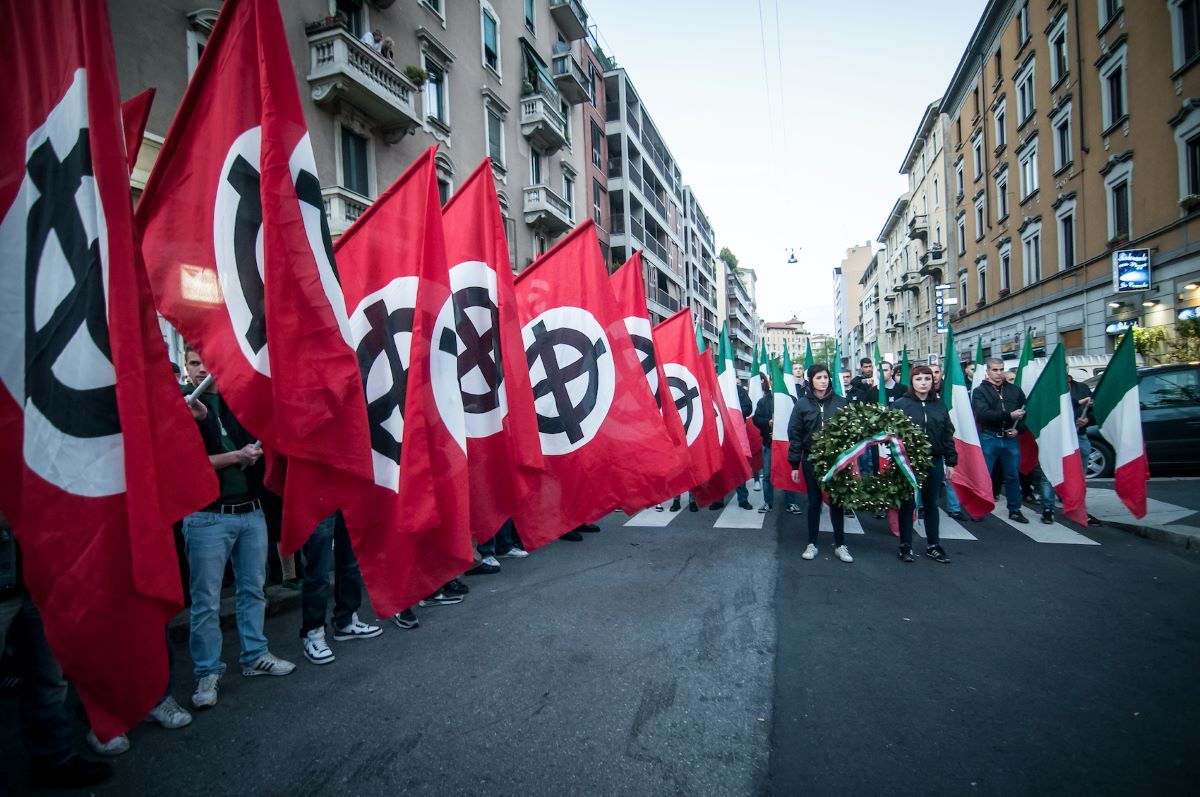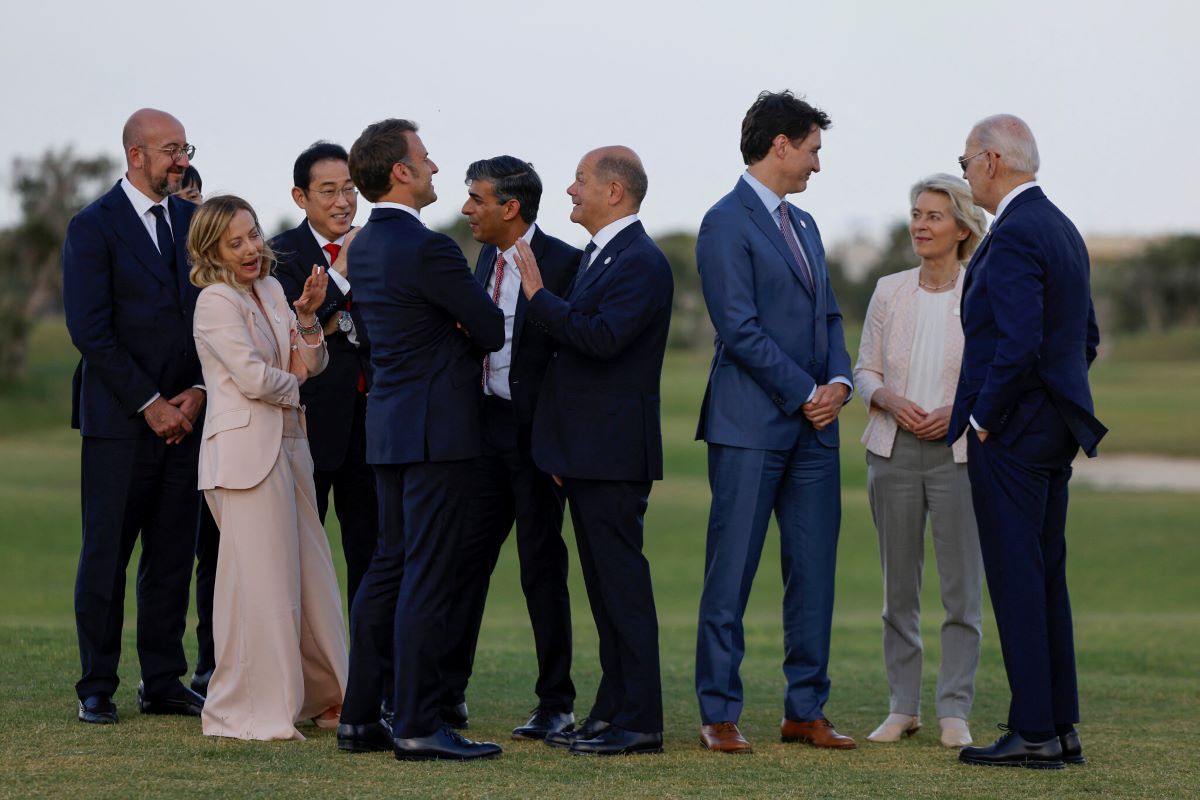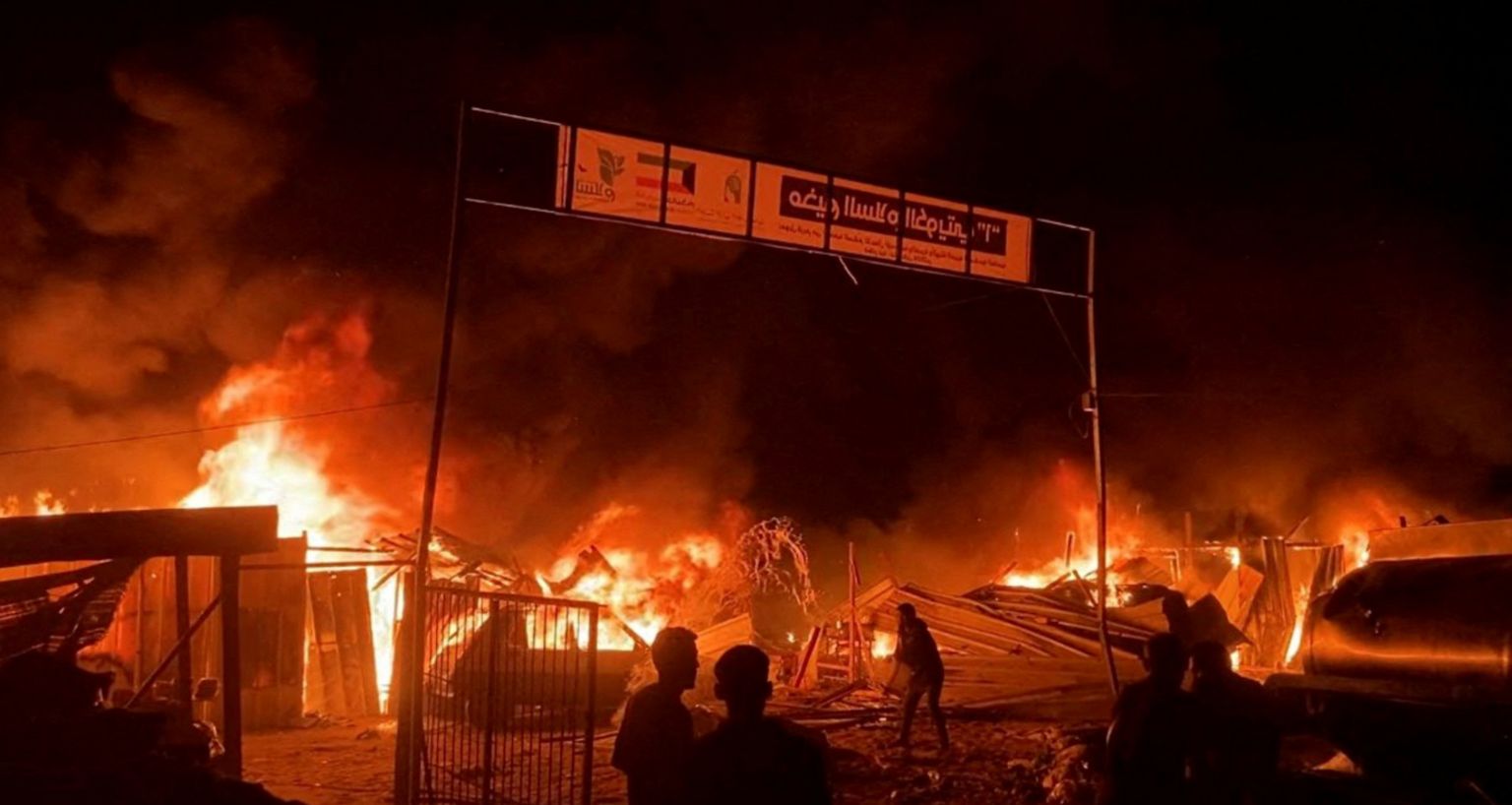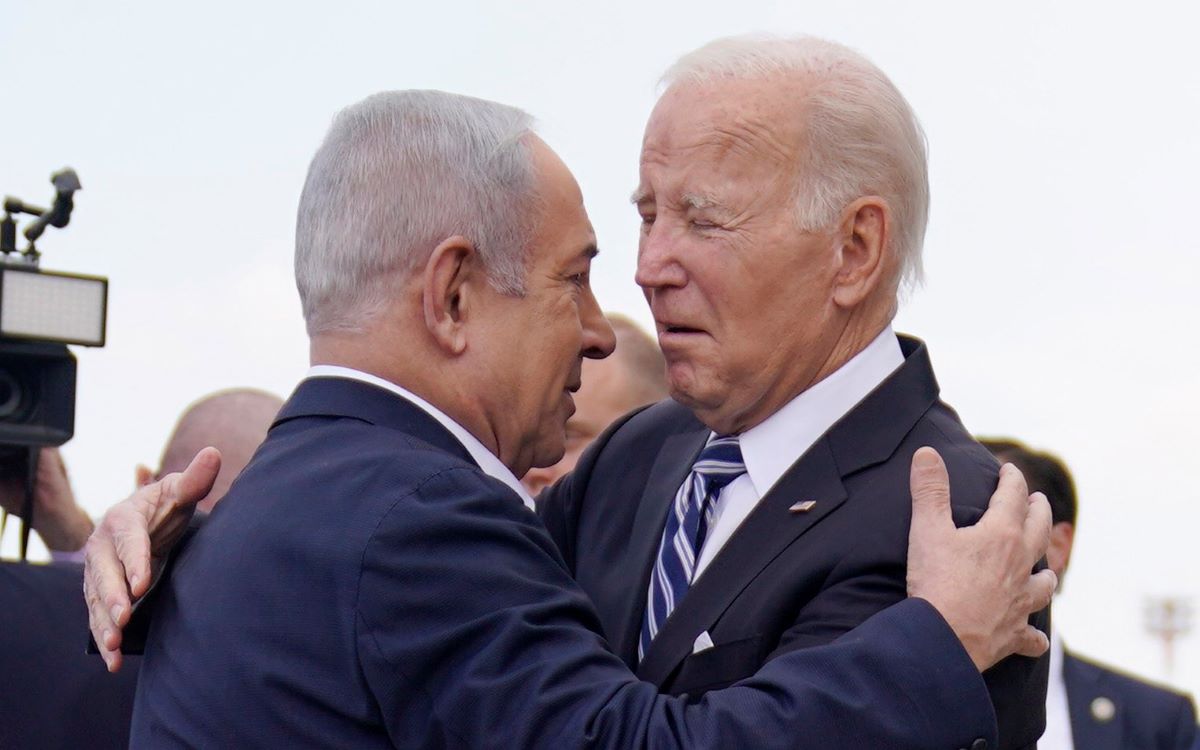Carl von Clausewitz stated that war is the continuation of politics by other means, but the defeat of a nuclear power like Russia or an idea like Hamas is unrealistic. Clausewitz recognized the independence of war from politics, highlighting military escalation as an independent variable. The Western belief in controlling the risk in a clash between nuclear powers is historically unfounded. The appointment of Mark Rutte to NATO and Poland’s role in the EU highlight an economic project favoring creditors, not European security. Wars are paranoid reactions of the West to preserve economic hegemony, rather than the defense of freedom. A political-diplomatic compromise could safeguard Western hegemony, but Western financial powers seem to find it impossible, preferring a low-intensity war to curb the economic expansionism of emerging powers, even accepting nuclear risk.
* * *
by Elena Basile
Carl von Clausewitz, the 19th-century Prussian military theorist, as is well known, stated that war is the continuation of politics by other means. Behind this phrase lies the belief that, based on realistic analyses, conflicts pursue rational objectives. We must ask whether the defeat of Russia, a nuclear power, can ever be a feasible goal. Similarly, we might ask whether the defeat of Hamas, a terrorist organization fighting for the liberation of Palestine from Israeli occupation, is realistically plausible. Hamas is an idea that will persist as long as there are Palestinians under occupation, tortured, discriminated against, and subjected to the greatest injustices on earth.
Clausewitz recognized that wars have their independence from politics and that in military dynamics, escalation unfortunately becomes an independent variable. This explains why, for example, European powers entered World War I believing it would be a conflict lasting only a few months. The confidence with which the Western ruling class believes that risk can be controlled even in a clash between nuclear power blocs appears historically unfounded. I remind you that even in the Middle East, if Israel achieves its goal of dragging Lebanon into war, Iran’s reaction, bolstered by its alliances with nuclear powers like China and Russia, is not guaranteed.
The appointment of Mark Rutte as NATO Secretary General is not a good sign. Our shameless editorialists have called him “pro-European.” In fact, within the EU, the Netherlands has inherited the British project aimed at eliminating the community momentum of Ventotene and transforming the EU into an expanded market for the benefit of creditors. From a security perspective, Europe is essentially a vassal of the United States for Rutte. It’s pathetic that Mario Draghi or Enrico Letta, with their Atlantic servility, could entertain ambitions for NATO positions. Italy, like Germany, is a defeated power of World War II. We get NATO military bases, but not a voice in the matter. The Dutch, Danes, and Nordics are the trusted allies.
Are we preparing for war? According to Angelo Panebianco in Corriere della Sera, “only when European citizens are convinced that their world is at risk will it be possible to equip Europe.” So, we will have a majority Europe, united under Atlantic diktat, only with the risk of imminent wars? According to economist Emiliano Brancaccio, the explanation for today’s conflicts lies in the Marxist analysis of capital centralization that can now be carried out by surplus powers like China and Russia to the detriment of the Western economy. In short, wars are the paranoid reaction of the West to the trend that sees China abandoning its subordination, no longer merely financing U.S. debt and threatening the entire monetary system by pouring its capital to acquire part of the Western economy. Forget about Ukrainian freedom, forget about ethical values! The ongoing clash depends on the competition between two capitalist imperialisms for the preservation of economic hegemony. I partly expressed the same theory in my book The West and the Permanent Enemy, although – unlike Brancaccio, who considers geopolitical and cultural factors ideological deviations – I believe that international analysis must include all factors, not just economic ones.
But the fundamental question to ask is whether a political-diplomatic compromise is still possible. In my book, I hope that the West forgets its pathological view of the world and preserves its hegemony with a reform of multilateralism and economic governance, granting China and the emerging powers the representation and power they deserve based on the new economic development. Brancaccio also, focusing on economic aspects, advocates a compromise whereby the West abandons its protectionist policies, its entrenchment, and economic wars; and China accepts political, not market, regulation of the credit accumulated towards the United States. Unfortunately, I believe that Western financial powers, along with the CIA, Mossad, and European secret services, consider this compromise impossible. “Your life, my death.” The only response is a war hoped to remain low-intensity to erode the surplus powers and block their economic expansionism. They have also considered the risk of tactical nuclear war, the end of Ukraine and part of Europe, as an indispensable sacrifice to maintain Western supremacy.
Il Fatto Quotidiano, June 25, 2024

